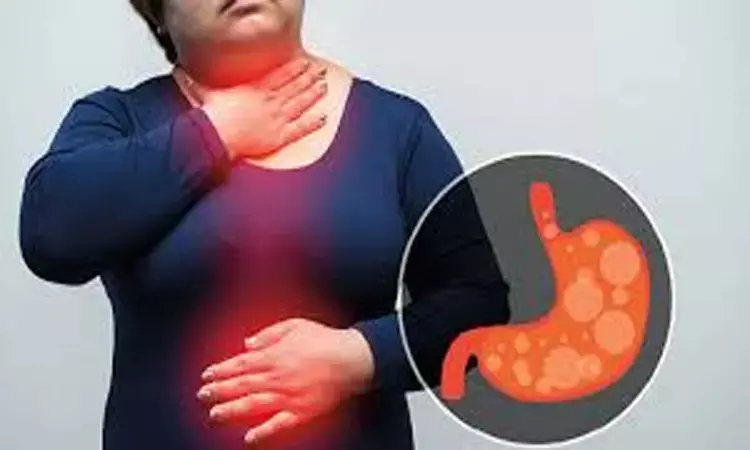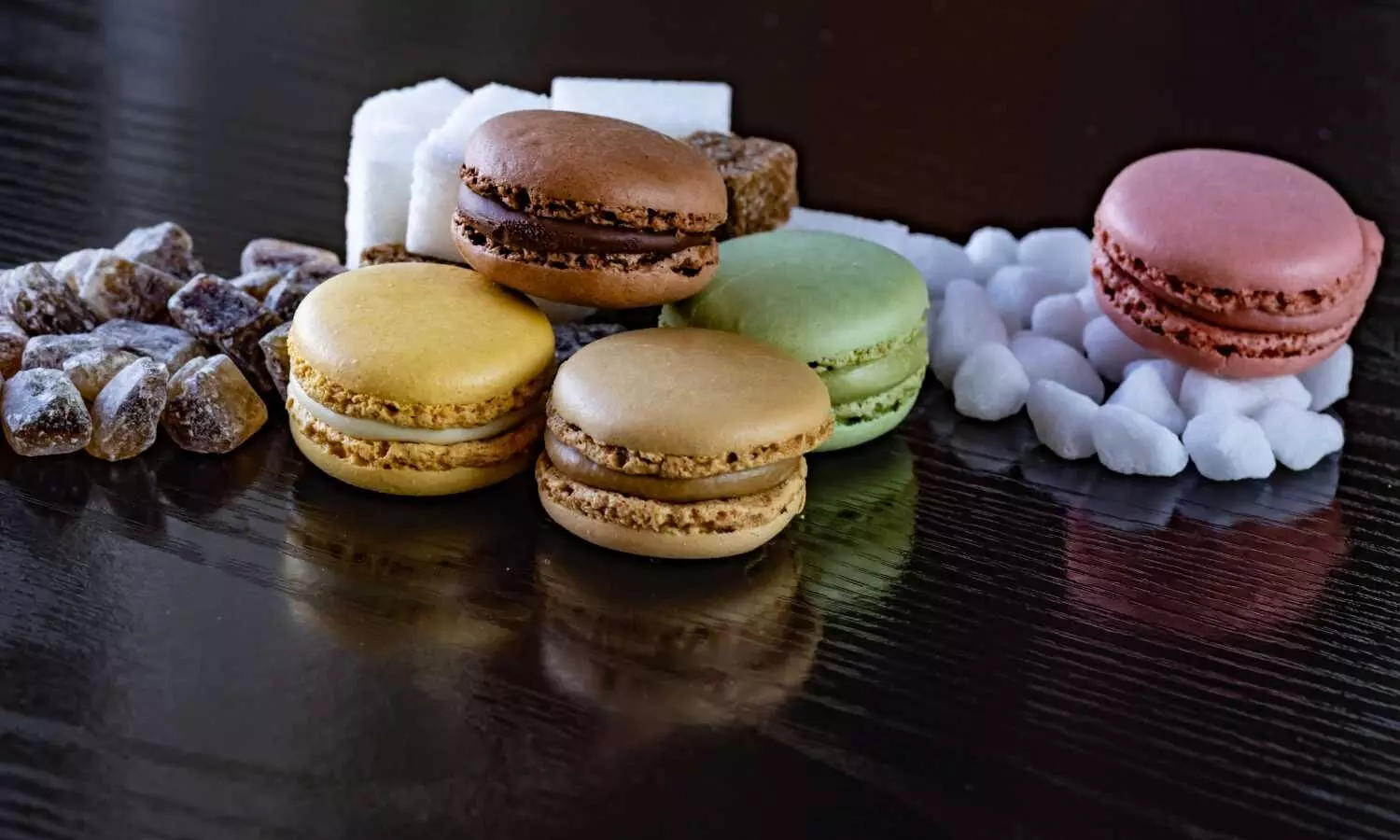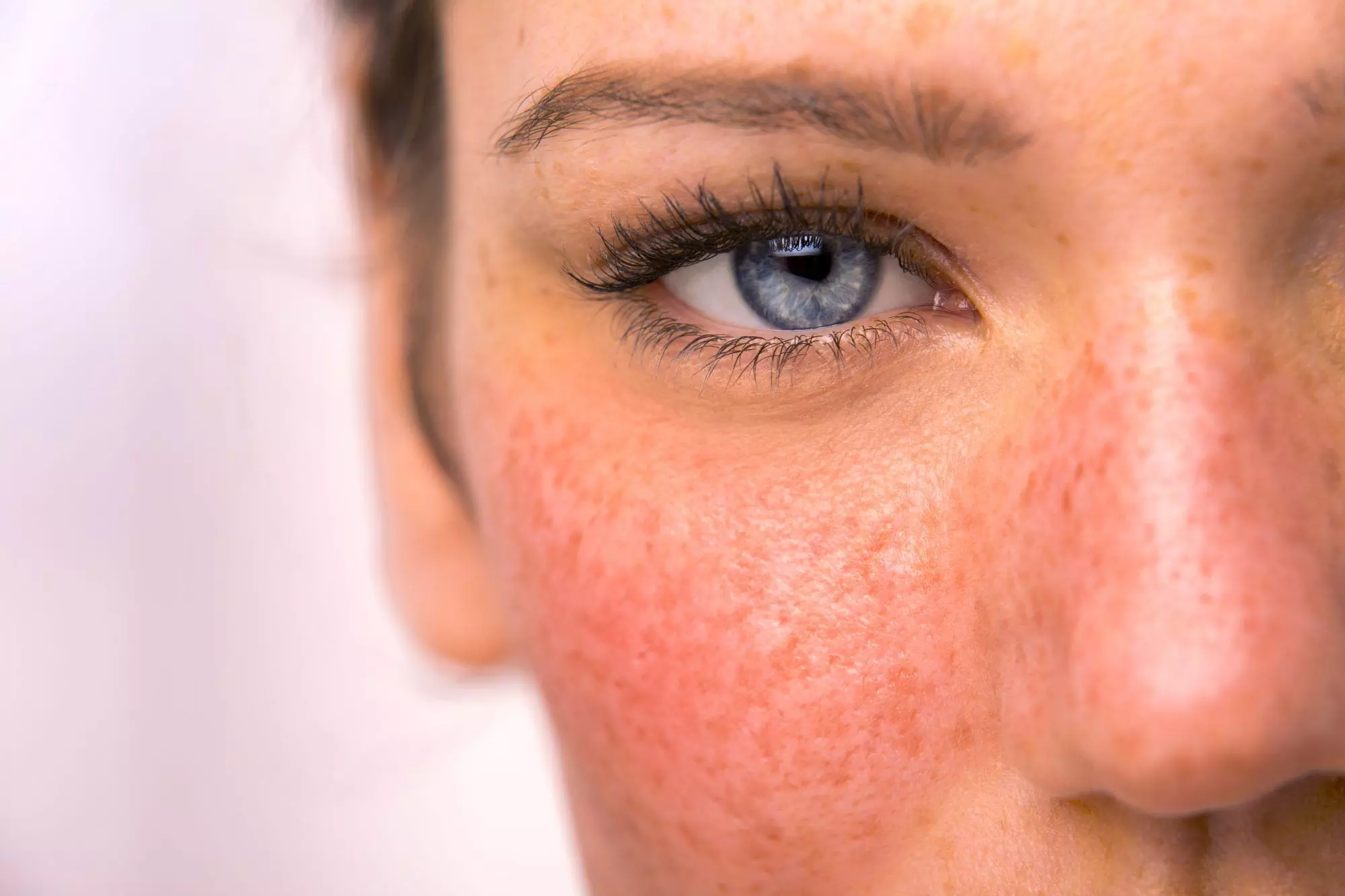- Home
- Medical news & Guidelines
- Anesthesiology
- Cardiology and CTVS
- Critical Care
- Dentistry
- Dermatology
- Diabetes and Endocrinology
- ENT
- Gastroenterology
- Medicine
- Nephrology
- Neurology
- Obstretics-Gynaecology
- Oncology
- Ophthalmology
- Orthopaedics
- Pediatrics-Neonatology
- Psychiatry
- Pulmonology
- Radiology
- Surgery
- Urology
- Laboratory Medicine
- Diet
- Nursing
- Paramedical
- Physiotherapy
- Health news
- Fact Check
- Bone Health Fact Check
- Brain Health Fact Check
- Cancer Related Fact Check
- Child Care Fact Check
- Dental and oral health fact check
- Diabetes and metabolic health fact check
- Diet and Nutrition Fact Check
- Eye and ENT Care Fact Check
- Fitness fact check
- Gut health fact check
- Heart health fact check
- Kidney health fact check
- Medical education fact check
- Men's health fact check
- Respiratory fact check
- Skin and hair care fact check
- Vaccine and Immunization fact check
- Women's health fact check
- AYUSH
- State News
- Andaman and Nicobar Islands
- Andhra Pradesh
- Arunachal Pradesh
- Assam
- Bihar
- Chandigarh
- Chattisgarh
- Dadra and Nagar Haveli
- Daman and Diu
- Delhi
- Goa
- Gujarat
- Haryana
- Himachal Pradesh
- Jammu & Kashmir
- Jharkhand
- Karnataka
- Kerala
- Ladakh
- Lakshadweep
- Madhya Pradesh
- Maharashtra
- Manipur
- Meghalaya
- Mizoram
- Nagaland
- Odisha
- Puducherry
- Punjab
- Rajasthan
- Sikkim
- Tamil Nadu
- Telangana
- Tripura
- Uttar Pradesh
- Uttrakhand
- West Bengal
- Medical Education
- Industry
Cola drinking may not provide relief in complete oesophageal food bolus impaction

In a recent breakthrough, a multicentre, randomized controlled trial conducted across five Dutch hospitals has explored the efficacy and safety of a seemingly unconventional remedy—cola—in treating complete oesophageal food bolus impaction. The study suggested that cola consumption did not substantially increase the rate of improvement in complete oesophageal food bolus impaction.
The study results were published in the journal The BMJ.
Oesophageal food bolus impaction, a common medical emergency, peaks during holidays. Current guidelines recommend endoscopy, but previous studies suggest cola ingestion's potential efficacy. Hence, researchers conducted a trial comparing cola treatment to standard care for complete impactions, aiming to reduce emergency visits and endoscopies.
The trial enlisted 51 adults facing complete oesophageal food bolus impaction, excluding those who ingested bone-containing meat and individuals with higher ASA physical status classifications. The intervention group (28 patients) was instructed to consume 25 mL cups of cola at intervals, up to a maximum total volume of 200 mL. In contrast, the control group (23 patients) awaited spontaneous passage. If symptoms persisted, endoscopic removal followed current guidelines. Primary outcomes focused on the improvement of food bolus obstruction and complete passage, with adverse events related to the intervention also considered.
Enhancement in oesophageal food bolus obstruction, reported by patients (comprising both complete and partial passage), and assessment specifically focusing on complete passage constituted the primary outcome. The secondary outcome involved any adverse events related to interventions.
Findings:
- Contrary to expectations, the study revealed that cola consumption did not significantly enhance the rate of improvement in complete oesophageal food bolus impaction.
- Both the intervention and control groups demonstrated a 61% rate of improvement in food bolus obstruction.
- Although the intervention group reported a higher incidence of complete passage (43% vs. 35%), the difference lacked statistical significance. Importantly, no severe adverse events occurred, affirming the safety of the cola treatment.
- However, 21% of patients in the intervention group experienced temporary discomfort after consuming cola.
The study's findings imply that while cola may offer some relief, it may not serve as a definitive solution for complete oesophageal food bolus impaction. Researchers caution against relying solely on cola, emphasizing the need for prompt endoscopic intervention when necessary. The study suggests that cola could be considered as a first-line treatment, but its use should not impede the timely planning of endoscopic management.
Further reading: Efficacy of cola ingestion for oesophageal food bolus impaction: open label, multicentre, randomised controlled trial. doi: https://doi.org/10.1136/bmj-2023-077294
BDS, MDS
Dr.Niharika Harsha B (BDS,MDS) completed her BDS from Govt Dental College, Hyderabad and MDS from Dr.NTR University of health sciences(Now Kaloji Rao University). She has 4 years of private dental practice and worked for 2 years as Consultant Oral Radiologist at a Dental Imaging Centre in Hyderabad. She worked as Research Assistant and scientific writer in the development of Oral Anti cancer screening device with her seniors. She has a deep intriguing wish in writing highly engaging, captivating and informative medical content for a wider audience. She can be contacted at editorial@medicaldialogues.in.
Dr Kamal Kant Kohli-MBBS, DTCD- a chest specialist with more than 30 years of practice and a flair for writing clinical articles, Dr Kamal Kant Kohli joined Medical Dialogues as a Chief Editor of Medical News. Besides writing articles, as an editor, he proofreads and verifies all the medical content published on Medical Dialogues including those coming from journals, studies,medical conferences,guidelines etc. Email: drkohli@medicaldialogues.in. Contact no. 011-43720751




